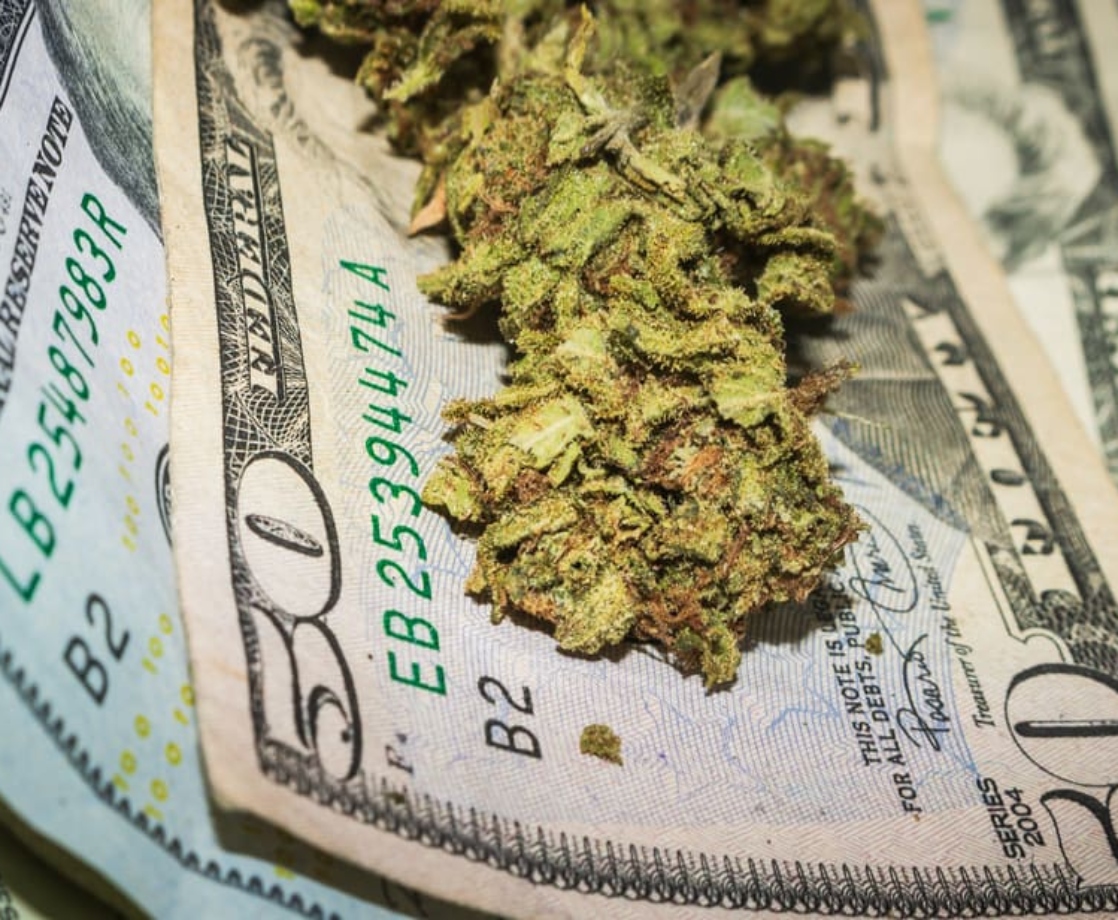Although the legal weed industry is quickly becoming one of the world’s most lucrative new markets, US law continues to prohibit banks and other financial institutions from servicing any business that deals with marijuana. As a result, state-legal weed businesses are forced to operate on a cash-only basis, with no access to banks, loans, or the freedom to trade on the US stock market.
Lawmakers have been pushing a number of proposals that would relax these federal restrictions, but in the meantime, a number of states have proposed their own solutions — with little success.
Last November, Anchorage-based Credit Union 1 launched a pilot program to offer checking and savings accounts to Alaska’s legal adult-use retail industry. Four licensed pot companies took advantage of this program and were able to temporarily avoid the hassles of dealing solely in cash.
This past July, Credit Union 1 announced that they would be shutting the pilot program down on August 30th. CEO James Wileman told the Anchorage Daily News that the credit union’s insurance broker refused to renew their coverage because they were dealing with the weed industry. Unable to operate without this coverage, the credit union is being forced to discontinue the pilot program.
“While the purpose of our pilot program was to determine feasibility of a larger MRB (marijuana-related business) project, we understand that this decision may be disappointing news,” Wileman told the Daily News. “Should the federal perspective on MRBs change in the future and allow us to reduce our insurance risk, we will certainly consider exploration of another pilot.”
Wileman also noted that the program was not performing as well as he had expected, largely due to the heavy burden of compliance that both the bank and the businesses themselves were forced to bear. “I don’t know if it’s a factor of, the businesses have had to do without banking for so long so they’re used to it, or if it’s a new service that adds an expense, that’s a factor too,” he said.
This is not the first time that the federal restrictions on cannabis banking have negatively impacted Alaska’s legal weed industry. Last year, Steep Hill, one of the state’s three licensed testing facilities, was forced to temporarily close after Wells Fargo bank threatened to foreclose on its landlord. The landlord attempted to find another bank that would lend to a property that was renting to a legal weed business, but no financial institution was willing to take the risk.
This year, Congress has at last begun scheduling hearings to determine the feasibility of allowing banks to serve the cannabis sector, raising hopes that these restrictions will become a thing of the past.











